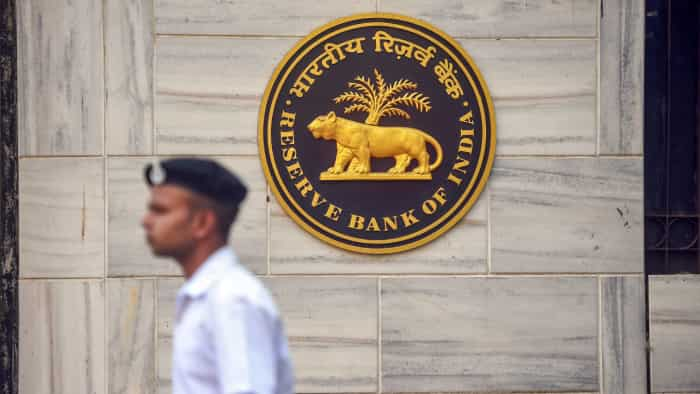Explained: Why PAN card is important for filing income tax? In which financial transactions PAN is mandatory?
A Permanent Account Number has been made compulsory for every transaction with the Income-tax Department.

PAN card stands for Permanent Account Number. PAN card is a 10-digit unique alphanumeric number issued by the Income Tax Department. PAN is issued in the form of a laminated plastic card (commonly known as PAN card).
PAN card enables the department to link all transactions of the assessee with the department. These transactions include tax payments, TDS/TCS credits, returns of income, specified transactions, correspondence, and so on. It facilitates easy retrieval of information of assessee and matching of various investments, borrowings and other business activities of assessee.
A Permanent Account Number has been made compulsory for every transaction with the Income-tax Department. It is also mandatory for numerous other financial transactions such as the opening of bank accounts, in the bank account, deposit of cash in a bank account, the opening of Demat account, transaction of immovable properties, dealing in securities, etc. A PAN card is a valuable means of photo identification accepted by all Government and non-Government institutions in the country.
Specified financial transactions in which quoting of PAN is mandatory
Sale or purchase of a motor vehicle or vehicle other than two-wheeled vehicles.
Opening an account (other than a time-deposit and a basic savings bank deposit account) with a banking company or a cooperative bank
Making an application for the issue of a credit or debit card.
Opening of a Demat account with a depository, participant, custodian of securities, or any other person with SEBI
Payment in cash of an amount exceeding Rs 50,000 to a hotel or restaurant against a bill at any one time.
See Zee Business Live TV Streaming Below:
Payment in cash of an amount exceeding Rs 50,000 in connection with travel to any foreign country or payment for the purchase of any foreign currency at any one time.
Payment of an amount exceeding Rs 50,000 to a Mutual Fund for purchase of its units
Payment of an amount exceeding Rs 50,000 to a company or an institution for acquiring debentures or bonds issued by it.
Payment of an amount exceeding Rs 50,000 to the Reserve Bank of India for acquiring bonds issued by it.
Deposit with a banking company or a co-operative bank; Cash exceeding Rs 50,000 during any one day
Payment in cash for an amount exceeding Rs 50,000 during any one day for the purchase of bank drafts or pay orders or banker's cheques from a banking company or a co-operative bank.
A time deposit of amount exceeding Rs 50,000 or aggregating to more than Rs 5 lakh during a financial year with a banking company, co-operative bank, Post Office, Nidhi referred to in Section 406 of the Companies Act, 2013, or a non-banking financial company.
Get Latest Business News, Stock Market Updates and Videos; Check your tax outgo through Income Tax Calculator and save money through our Personal Finance coverage. Check Business Breaking News Live on Zee Business Twitter and Facebook. Subscribe on YouTube.
RECOMMENDED STORIES

SBI 2222-Day Green Deposit FD vs Central Bank of India 2222-Day FD: What will you get on Rs 4,44,444 and Rs 7,77,777 investments in these special FD? Know here

RBI Rule: New system for online money transfers to be implemented from April 1, 2025; here's all you need to know

Top 7 SBI mutual funds with highest SIP returns in 15 years: Rs 7,777 monthly investment in No. 1 scheme has zoomed to Rs 97,64,660
07:53 PM IST










 ITR Filing Deadline: Can You File Income Tax Without a PAN Card?
ITR Filing Deadline: Can You File Income Tax Without a PAN Card? Do you want to surrender your PAN? Here's how you can do it
Do you want to surrender your PAN? Here's how you can do it Can children also have PAN cards? Do they really need it? Know reality
Can children also have PAN cards? Do they really need it? Know reality Sebi permits up to 100% aggregate NRI corpus contribution for FPIs based out of GIFT IFSCR
Sebi permits up to 100% aggregate NRI corpus contribution for FPIs based out of GIFT IFSCR PAN Card: What should I do if I have more than one PAN?
PAN Card: What should I do if I have more than one PAN?